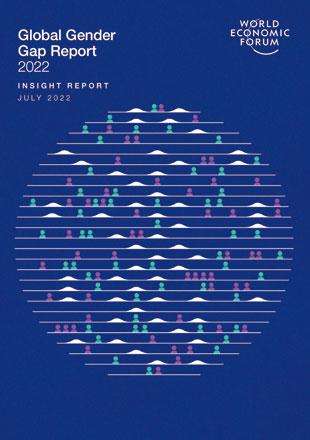You are here
Activists, experts call for gov't measures to boost women’s labour force participation
By Rana Husseini - Nov 07,2021 - Last updated at Nov 07,2021
AMMAN — Women’s economic participation in Jordan continues to rank low internationally, thus the government should exert more efforts to boost women’s engagement in the labour market, activists and experts said on Saturday.
The activists and experts made the comments following recent remarks made by Higher Population Council Secretary General Abla Amawi.
Amawi has classified the Kingdom as “one of the lowest ranks in the world in terms of the gender gap”.
In addition, Amawi said that Jordan’s rankings in the international scale were “low and that is why we need to invest more in education, health and economy”.
Amawi also pointed out during a TV interview on Friday that the poverty rate in Jordan is 15.7 per cent, while the unemployment rate has reached 24.8 per cent.
“Sadly, we are still way behind in women’s labour participation since we are ranked 153 out of 156 countries in the world,” said Jordanian National Commission for Women (JNCW) Salma Nims.
"This remains one of the biggest challenges in Jordan,” Nims added.
"There are several reasons related to the infrastructure, such as the transport system and access to childcare facilities for children and students under the age of 12 who return home and do not find anyone to care for them,” Nims noted.
She added that there is also "a double burden on women because the system does not support working mothers”, especially who work in the private sector, to care for their children.
In addition, women’s income is still seen as secondary, “which means that they suffer from pay gaps despite the amendments in the Labour Law,” Nims added.
On the other hand, the contribution of women on house expenses is “most of the times not recognised”, she said.
“In the end, she might end up losing all her contribution because she will be deprived of these shares in cases of divorce or death of the spouse, which puts her in a vulnerable position,” Nims said.
Therefore, a lot of women do not see it as feasible to take part in the labour market, Nims said.
Economist Reem Badran agreed with Salma Nims, adding that the studies and policy makers realise that daycare centres and transport infrastructure are the major challenges for women’s economic participation.
Practically speaking, “the minimal” has been done about these two issues, Badran told The Jordan Times.
“There is discrimination against women in the salary and they do not benefit from many privileges, such as allowances and health insurance for her family,” Badran said.
The bottom line is that men get higher salaries than women, which is another factor as to why women’s career ambitions are hindered on many occasions, Badran added.
Badran also emphasised that “the culture is the main affecting factor when it comes to women’s labour participation”.
“The decision makers should accelerate a change in culture to ensure that women are more visible in the public sphere and to appoint women in top positions,” Badran noted.
Director of the Phenix Centre for Economics and Informatics Studies Ahmad Awad said that one of the main reasons of the low rank for Jordanian women’s labour participation internationally is the “wrong policies that are adopted by the government”.
“The consecutive governments call for miminising the gender gap and supporting women, but in reality, the policies work in the opposite direction, deepening the gender gap,” Awad told The Jordan Times.
For example, in the past 30 years, women’s labour participation has ranged from 12 to 15 per cent, according to Awad.
“This is an indicator that all the policies and strategies adopted by the government to address this low percentage are not being properly implemented,” he said.
In addition, the government "is not taking this issue seriously" or does not realise that the government’s policies are widening the gender gap, Awad noted.
"The government needs to adopt new and serious policies that would address the current problems that are keeping women away from the labour market," Awad said.
Related Articles
AMMAN — Jordan ranks 145th out of 146 countries with regard to women’s participation in the labour force, according to the Global Gender Gap
AMMAN — Prime Minister Bisher Khasawneh on Sunday attended the launch of the Engendered Strategy of Jordan’s Economic Modernisation Vision (
AMMAN — The Phenix Centre for Economic Studies on Sunday held an online panel discussion titled “The economic and social rights of women in













